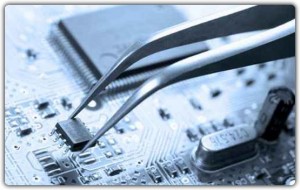Industrial pressure switches and pressure controls are critical components for monitoring and controlling pressure in industrial applications. They are widely used in various industries like manufacturing, oil and gas, pharmaceuticals, and more.

The selection of the right pressure switches and controls is crucial to ensure the safety and efficiency of industrial processes. They are used to ensure that the system operates within specified pressure ranges and to protect against potential failures or damages.
Industrial pressure switches are designed to detect changes in pressure and send an electrical signal to control modules or relays. They are available in different types and designs, including diaphragm, piston, and bellows.
Diaphragm switches are commonly used in applications where low-pressure thresholds need to be monitored. They operate by measuring the amount of deflection of the diaphragm in response to the changes in pressure.
Piston switches, on the other hand, are built for high-pressure applications. They work by measuring the force exerted on the piston due to the pressure changes.
Bellows switches are used when precise pressure control is required, and they operate by changing the volume of gas in a confined space.
Differential pressure switches are another type of pressure control used in industrial applications. They measure the difference in pressure between two points in a system and signal if it falls outside the preset range. These switches are used in applications where maintaining a specific pressure differential is crucial for system efficiency and safety.
While selecting an industrial pressure switch or control, it is crucial to consider various factors such as the application, the working environment, pressure range, accuracy, and response time.
In conclusion, industrial pressure switches and controls play a vital role in ensuring efficient and safe operation of industrial systems. The right selection of these components can help in improving reliability, reducing downtime, and minimizing the risk of system failure. It is essential to choose a product that meets the specific requirements of the application to ensure optimum performance.